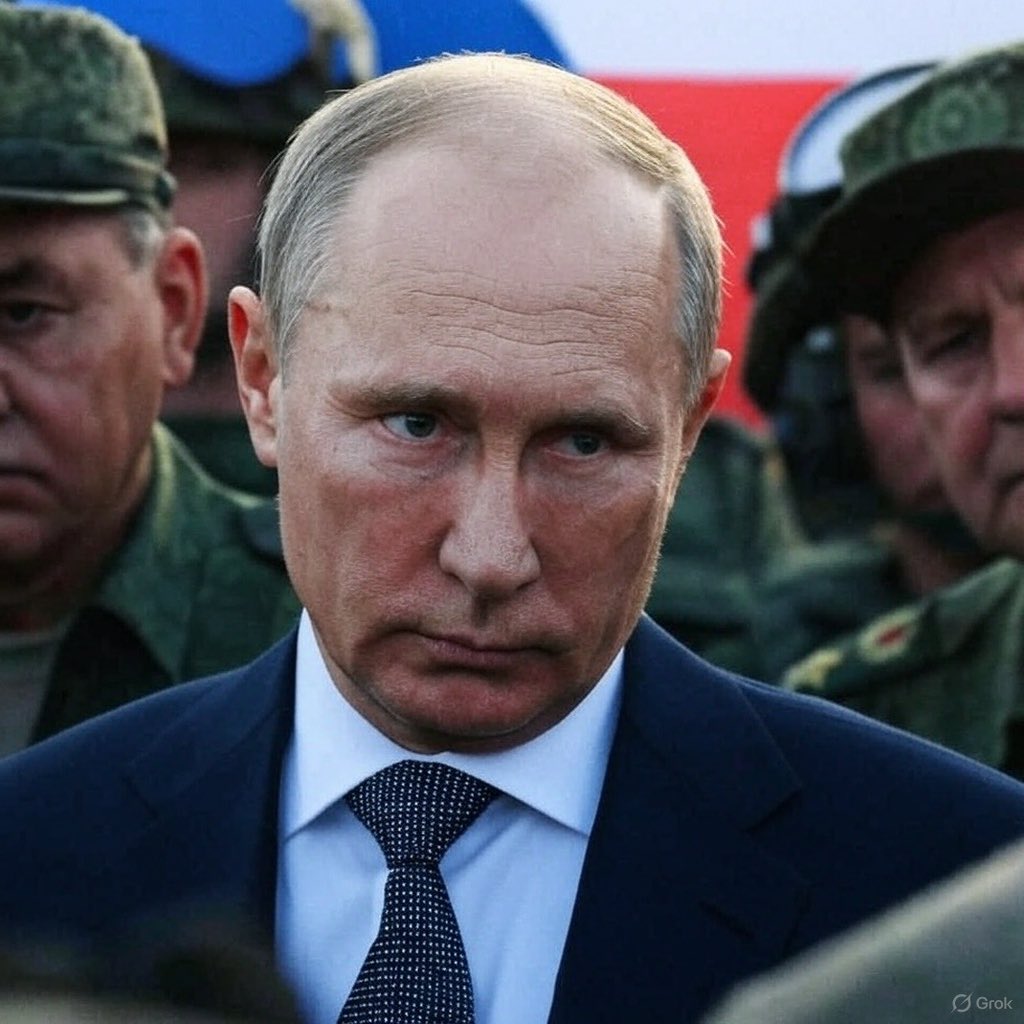Clash Over History: Russia Rebukes EU Statement on Totalitarian Regimes Remembrance Day
The European Commission’s commemoration of the Europe-wide Day of Remembrance for the victims of totalitarian and authoritarian regimes has sparked sharp criticism from the Russian Mission to the European Union, reigniting longstanding historical disputes over the legacy of World War II.
 |
| Image Source: Vladimir Putin News on X |
Referencing the Molotov-Ribbentrop Pact signed between Nazi Germany and the Soviet Union on 23 August 1939, the Commissioners recalled it as “an alliance of blood between two of the most brutal regimes in history.”
The statement framed the day as a moment to honor the victims of authoritarian regimes, underlining Europe’s collective memory of suffering and its commitment to a future free of tyranny:
“We celebrate the relentless pursuit of freedom and democracy by Europeans throughout history… we owe it to them that, for the first time in history, every EU country is now home to a generation that has grown up free from the shadow of tyranny.”
Within hours of publication, the Russian Mission to the EU responded on social media, denouncing what it called a distorted interpretation of history. In its official statement, Moscow rejected any moral equivalence between the Soviet Union and Nazi Germany, calling such comparisons "unacceptable."
The Russian Mission cited a series of earlier agreements signed by European powers with Germany in the 1930s as context often omitted in Western narratives. These included:
-
Poland-Germany Non-Aggression Pact (26 January 1934)
-
Franco-German Declaration (6 December 1938)
-
Anglo-German Declaration signed by Neville Chamberlain and Adolf Hitler (30 September 1938)
-
German bilateral agreements with Estonia and Latvia (7 June 1939)
-
The Munich Agreement (30 September 1938), under which Britain, France, Italy, and Germany sanctioned the dismemberment of Czechoslovakia.
The Russian statement argued that these examples demonstrate broader European complicity in appeasement policies before the outbreak of World War II and insisted that “the whole truth” must be acknowledged when referencing historical milestones.
Moscow maintains that the Molotov-Ribbentrop Pact, officially the Treaty of Non-Aggression between Germany and the USSR, was signed under extreme geopolitical pressure, following the failure of Western powers to establish a collective security pact against Nazi expansion.
The treaty included secret protocols on the division of Eastern Europe, which later led to Soviet incursions into Poland, the Baltic States, and Finland.
The European Union, through the 2009 European Parliament resolution and successive annual statements, has maintained that 23 August serves as a solemn reminder of the consequences of totalitarianism, calling for transparent remembrance of both fascist and communist crimes.
Today’s exchange reflects deeper rifts between the EU and Russia not just over historical interpretation, but over current geopolitical alignments, particularly following Russia’s actions in Ukraine, which the EU sees as a continuation of authoritarian aggression.
While the EU stresses unified remembrance as a foundation for democratic resilience, Moscow insists on defending what it calls the USSR’s historical role in defeating fascism -- a legacy it views as integral to national identity.
